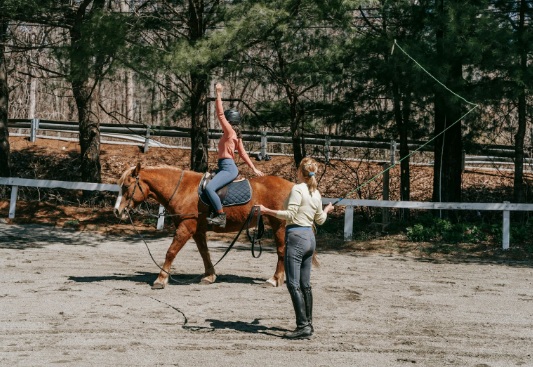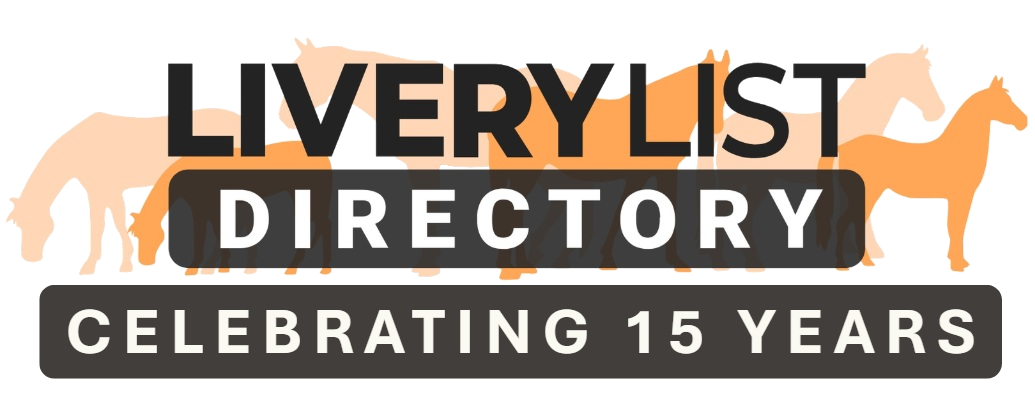Britain has earned its reputation in equine education through decades of academic excellence, fostered by specialized colleges that merge scientific rigor with practical horsemanship. These institutions craft comprehensive programs where theory meets practice in working yards and research laboratories.
 Elite Facilities Define Top Programs
Elite Facilities Define Top Programs
At the heart of Yorkshire, Bishop Burton College houses remarkable training spaces – from competition-standard indoor schools to dedicated therapy units. Their cross-country facility and rehabilitation center create diverse learning environments where students progress from basic horsemanship to advanced specializations.
Edinburgh’s unique position within the Royal (Dick) School of Veterinary Studies sets it apart. Here, equine science students learn alongside veterinary professionals, accessing clinical expertise that enriches their understanding of equine health and performance.
Quick Tip: When evaluating facilities, inquire about specific access times for practical training and the types of horses available for different skill levels.
Innovative Curriculum Design
Modern equine degrees balance scientific theory with practical application. Students managing intensive practical training alongside academic coursework often benefit from the best academic paper writing service to maintain excellence across all areas.
Oxford Brookes runs its program in partnership with Abingdon and Witney College, providing access to a commercial stud farm that produces young stock for thoroughbred sales. This gives students real-world experience while studying genetics and reproduction.
Warning: Look for programs demonstrating clear integration between theoretical and practical components through their module descriptions.
Specialization Pathways
Leading institutions offer distinct focus areas:
- Oxford Brookes’ BSc in Equine Science emphasizes reproduction, physiology, behavior, and nutrition
- Edinburgh’s MSc program covers digestive health, welfare, behavior, orthopedics, and exercise physiology
- Hartpury’s programs span science, management, and performance
Alternative Route: Many institutions offer Access to Higher Education Diplomas specifically designed for equine studies, providing an alternative path to degree-level education.
Industry Integration
Bishop Burton College hosts prestigious equestrian events throughout the year, including British Eventing competitions. This provides students with hands-on event management experience and industry networking opportunities.
The University of Edinburgh’s program incorporates input from clinical specialists and leading researchers, ensuring content reflects current industry practices.
Unobvious Tip: Look for programs offering British Horse Society training alongside academic qualifications.
Research Excellence
The University of Edinburgh’s equine program emphasizes research-based learning, with students engaging in practical research projects, systematic reviews, or extensive literature reviews in their chosen specialization.
Each institution maintains specific research strengths:
- Edinburgh: Equine behavior and welfare
- Oxford Brookes: Performance science and rehabilitation
- Hartpury: Sports science and coaching
Key Point: Research facilities and supervision quality significantly impact dissertation opportunities.
Professional Development Focus
Contemporary equine programs emphasize career preparation through:
- Commercial yard experience
- Research skills development
- Professional certification alignment
- Industry placement opportunities
- Practical facility management training
Inside Tip: Programs offering structured industry placements often provide better long-term career outcomes than those focusing solely on academic achievement. Bishop Burton’s working relationships with racing yards and breeding facilities give students firsthand experience with the pressures and protocols of professional equine operations.
Flexible Study Options
UK equine education accommodates diverse student needs:
- Part-time study options
- Distance learning with practical components
- Professional development courses
- Evening and weekend study options
For example, the University of Edinburgh’s online MSc program allows students to complete their studies over 3-6 years, making it accessible for working professionals.
Inside Secret: Some institutions offer standalone modules that can later count toward a full qualification, allowing students to build their education gradually.
The Future of Equine Education
British horse colleges adapt constantly to industry shifts, drawing on research findings and professional feedback to refine their teaching approaches. Environmental sustainability and evidence-based welfare practices now thread through every aspect of stable management and training.
Today’s graduates emerge equipped with both time-tested fundamentals and cutting-edge knowledge. They understand traditional horsemanship while mastering modern technologies and research methods essential for advancing equine care.
The educational landscape extends far beyond traditional lectures and yard work. Bishop Burton’s specialist academies nurture competitive excellence, while Edinburgh’s personalized mentoring system pairs each student with field experts. Regular industry events, from international competitions to research symposiums, transform networking from an abstract concept into a daily reality. Professional certification options, including British Horse Society qualifications, add practical value to academic achievements.
